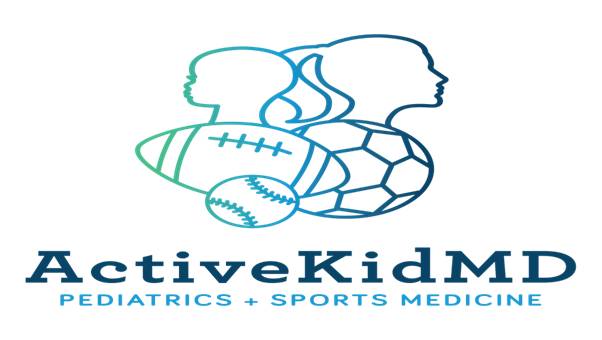Thus, should you seek out increased food and even supplement based sources of iron?
Well, the answer isn't so straight forward and depends on your current "group" of red cell counts and iron stores:
- Group 1: If you have low red cell counts with smaller red cell sizes and low iron stores, experience and science strongly suggest a need and benefit for supplemental iron intake
- Group 2: If you have normal red cell counts and normal iron stores, the prevailing thought is that supplemental iron intake is not needed and may actually have risks (organ damage, higher risk of liver cancer) that outweigh any benefits to your performance.
- Group 3: If you have normal or low normal red cell counts and low iron stores, this is where things get real interesting as scientific studies and the sports medicine and performance communities do not have clear agreement.
If that third category sounds a bit confusing, then let me add a bit more uncertainty to the picture.
- Athletic individuals have different oxygen transport and muscle function demands. Thus, what many of us consider as "normal" hemoglobin values for less active individuals may not be so acceptable for intense endurance or team sports athletes. Many athletes may strive for hemoglobin levels at least 2-3 points above the lowest range of normal.
- Hemoglobin or red cell counts can be lower in athletes due to increases in blood volume that allow for more efficient delivery of oxygen to working muscles. This is called pseudo-anemia where the red cell sizes and iron stores are both normal.
- Using ferritin to measure iron stores can be perplexing. Ferritin levels can be influenced by things like illness or even total body inflammation, so there are often cases where sick or over-trained and under-performing athletes mistakenly appear to be "doing better" with iron intake based solely on higher ferritin levels.
- If you "trust" ferritin, then deciding on acceptable levels is yet another concern. In many athletes, keeping levels in the 20-30 range is a challenge during period of heavier training or competition, with levels higher than that a true accomplishment.
So, how should you use this information to make sensible decisions for your health and athletic performance?
- Do not use any supplemental iron products (liquid iron, iron pills, ect) without appropriate medical evaluation and testing.
- Those tests can include measurements of red cell counts (hemoglobin), total body iron, red cell iron saturation, ferritin, and possibly a test called soluble transferrin receptor which might be more accurate than ferritin in measure iron stores.
- If you are clearly in Group 1 or Group 2 from above, then your decision is probably more clearly defined.
- If like many people you are in Group 3, or even if you are in Group 1 or 2 and have questions, strong recommend scheduling a meeting with a sports medicine specialist who has additional experience, training and appreciation for the stresses and demands of higher level athletes to review your diet, training program and lab tests.



